Greatest Hookup Sites: High 10 Listing For Casual Courting In 2023
3 July 2023Tips On How To Turn Out To Be A Software Program Developer Without A Diploma
4 July 2023
This avoidance can become broader than a specific person or setting. A person who has experienced sexual assault at a university might avoid going to classes or men altogether. Treatment can speed up that process and help you manage the effects of regaining those memories, too.
Treatment and Management of PTSD Blackouts
The first posits that memory deficits are a product of neurobiological abnormalities caused by PTSD. The second framework posits that preexisting memory deficits serve as a risk factor for the development of PTSD following trauma exposure. Each model represents either end of the nature vs nurture paradigm – either that the environment impacts neurobiology or that, genetics influence one’s predisposition to PTSD. In a flashback, you may feel or act as though a traumatic event is happening again. Whether you’re a mental health professional seeking more knowledge or someone who is personally affected, understanding how to handle and prevent PTSD blackouts is crucial. Like a camera with a faulty shutter, the mind sometimes clicks but fails to capture, leaving behind a haunting void where memories should be.
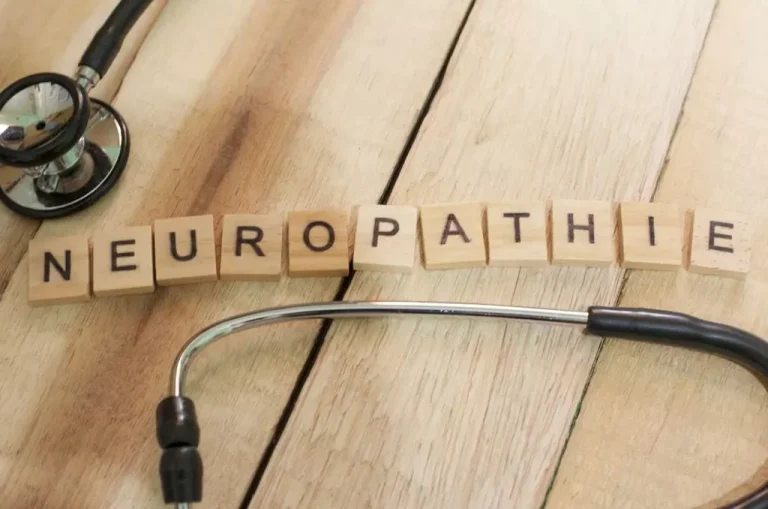
Therapeutic Approaches to Recovering Repressed Memories
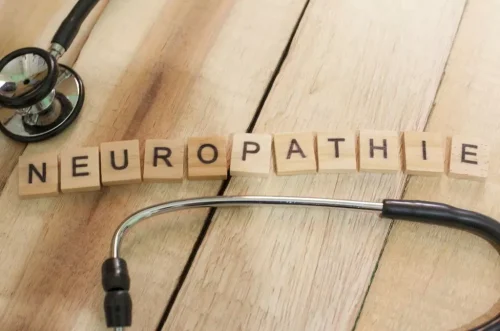
Dissociative amnesia often happens because of very traumatic experiences, including abuse, war and natural disasters. People with dissociative amnesia have an increased risk of self-harm or suicidal behaviors. PTSD is a severe reaction to a traumatic event that involves re-experiencing the event through dreams, recollections or flashbacks. Social support plays a role in protecting people from developing PTSD. Modifications of clinician-administered CBT, meant to make treatment more affordable or accessible, showed varied results. Irvine et al. (2011) conducted a telephone-based CBT in patients with an implantable cardioverter defibrillator installed and reported significant improvements in PTSD symptoms in the CBT group 43.
About the Acting NIMH Director
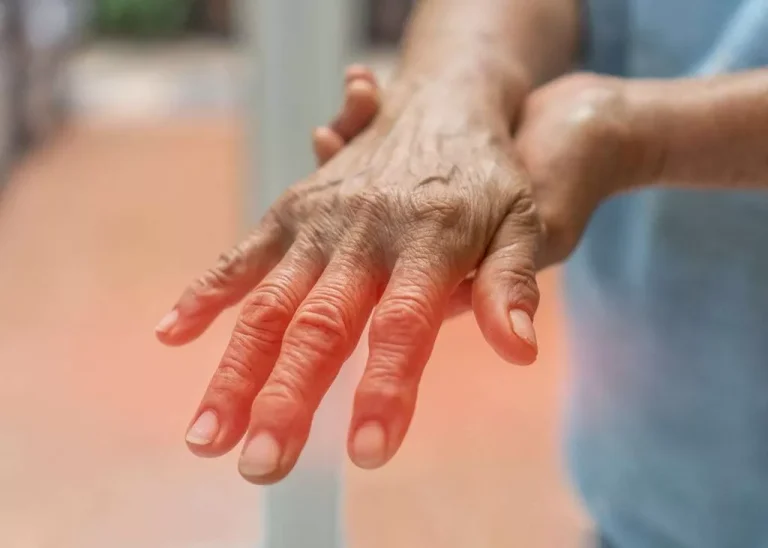
Health problems and drug or alcohol use must be ruled out as underlying causes of these symptoms before a PTSD diagnosis. Flashbacks and nightmares may force someone with PTSD to relive their trauma over and over, but they may find themselves unable to recall a significant aspect of their experience. This memory loss, if not caused by a head injury or substance, is called dissociative amnesia. People with PTSD might experience panic and the physical symptoms that accompany it. Your heart races, you sweat, your Substance abuse blood pressure rises, and your muscles tense.
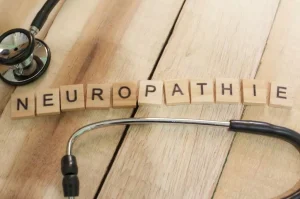
Prevention of Post-Traumatic Stress Disorder After Trauma: Current Evidence and Future Directions
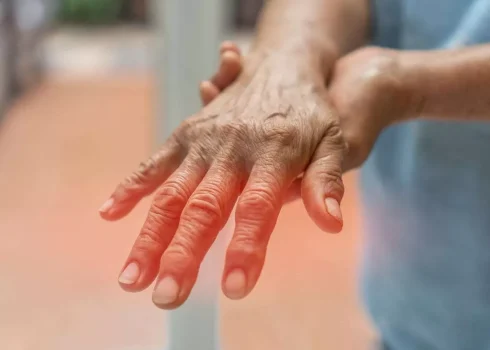
But when things feel out of sorts, something that can help us all is knowing that we’re not alone. Maybe you don’t quite feel like “you.” Perhaps you’re set off by little things, scared to do the activities you used to love, or unsure how to relate to people at home or work anymore. Among veterans, there is some research to suggest that playing video games can reduce symptoms of PTSD. There is emerging research into other strategies that might be helpful for symptoms of PTSD. However, there is not enough evidence to support these techniques, and none of the below substances are approved by the Food and Drug Administration (FDA) to treat PTSD. These symptoms — referred to as re-experiencing symptoms in older versions of the DSM — are those that take you back to the trauma.
- Despite these theories, the scientific community remains divided on the validity of repressed memories.
- CBT is consequently best positioned as a clinical intervention for identified and ascertained acute PTSD cases.
- For example, some people may feel detached from the experience, as though they are observing things rather than experiencing them.
- It’s usually called acute stress disorder (ASD) when symptoms last anywhere from three days up to a month after trauma.
- After surviving a traumatic event, many people have PTSD-like symptoms at first, such as not being able to stop thinking about what’s happened.
- One of the most common reasons your mind blocks out things is to protect you from unpleasant, distressing or traumatic experiences.
- Shalev et al. (2012), found that cognitive therapy fared as well as prolonged exposure 9 months 41• after trauma exposure.
- If you’re concerned about this happening, talk to your healthcare provider.
- While these experiences may be scary in the moment, you can control and even prevent them with the right treatment plan.
- PTSD is more prevalent among those in high-stress working environments, like firefighters, first responders, police officers, and military veterans.
Some people will attempt to ptsd blackouts emotionally numb themselves with distractions or misuse of alcohol and drugs. Research has shown that the rate of alcohol use disorder among people with PTSD ranges from 9.8% to 61.3%. The severity of dissociative amnesia often corresponds to the severity of the underlying cause(s) or contributing factor(s).
Both men (38%) and women (55%) report PTSD due to sexual harassment while in the military. PTSD is more prevalent among those in high-stress working environments, like firefighters, first responders, police officers, and military veterans. In the United States, 3.6% of adults — about 9 million people — meet the diagnostic criteria for PTSD, according to the National Alliance on Mental Illness (NAMI). Going through a trauma or living with the ramifications of PTSD, especially if it has gone untreated, can lead to suicidal thoughts or ideation. People with PTSD have greater instances of suicide ideation than people without.
